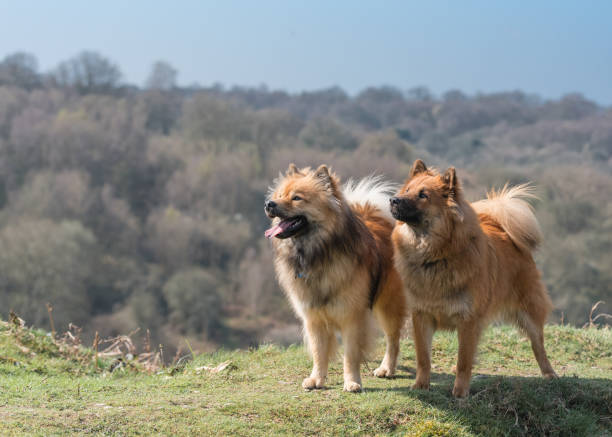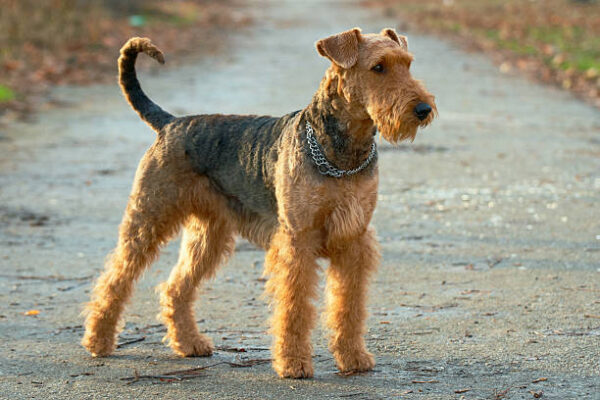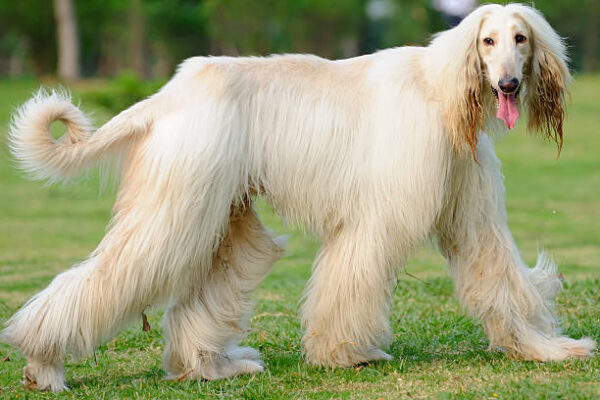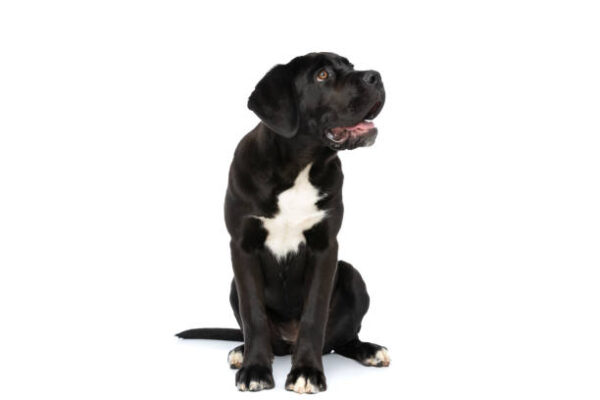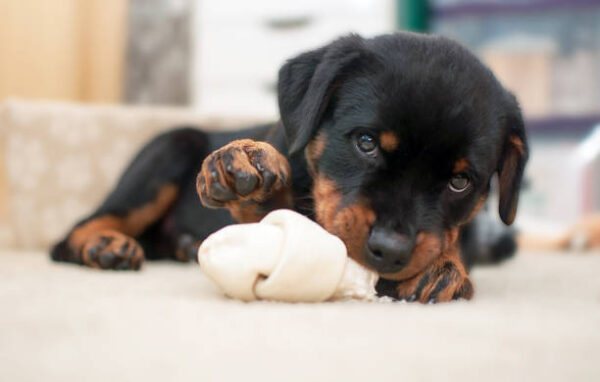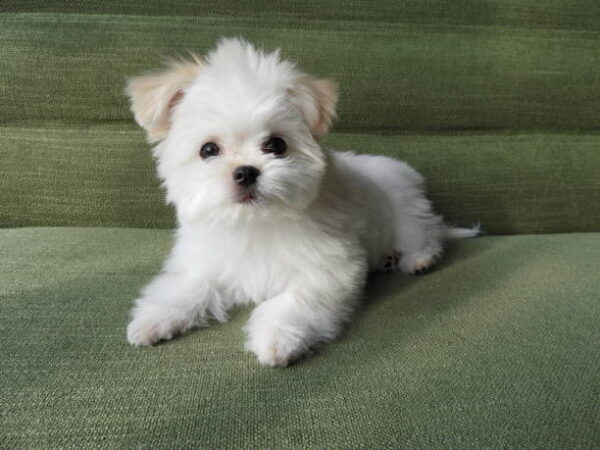Your cart is currently empty!
Eurasier
Eurasier Eurasier: In the 1940s German professor, Julius Wipfel, crossed Chow Chow and German Spitz in the hope of creating the perfect spitz dog. He mated the offspring of these first crosses to a Samoyed and then used a programme of line-breeding and in-breeding to stabilise type. As the Professor had used the best examples […]
Description
Eurasier
Eurasier: In the 1940s German professor, Julius Wipfel, crossed Chow Chow and German Spitz in the hope of creating the perfect spitz dog. He mated the offspring of these first crosses to a Samoyed and then used a programme of line-breeding and in-breeding to stabilise type. As the Professor had used the best examples of European and Asian stock in his programme he used the hybrid word of Eurasier as the nomenclature for his breed. Like his forbears, the Eurasier is a spitz, now very popular in its native land as a companion dog. The breed was recognised by the Fédération Cynologique Internationale in 1973 and by The Kennel Club in 2003.
General appearance
Medium size dog of spitz type with a wide variation of colours. Balanced, well constructed, slightly longer than high.
Characteristics
Devoted family companion.
Temperament
Self assured, calm, and of even temperament. Bonds strongly with its family. Reserved with strangers without any signs of aggression.
Head and skull
Wedge shaped viewed from above and in profile. Flat skull of moderate width. Distinct frontal furrow and well-defined occiput. Barely defined stop. Parallel planes to foreface and skull which are approximately equal in length. Cheeks barely pronounced. Tapering muzzle neither too coarse nor too pointed. Black, medium-sized nose.
Eyes
Dark, oval, slightly slanting and medium size, neither deep set nor protruding. Close-fitting, black pigmented rims.
Ears
Medium size, triangular, with slightly rounded tips. Carried pricked. Set apart about the width of the base of an ear. Tips of ears and stop almost form an equilateral triangle.
Mouth
Lips close fitting with black pigmentation. Strong broad lower jaw. Perfect regular and complete scissor or level bite, i.e. upper teeth closely overlapping or meeting lower teeth and set square to the jaws.
Neck
Well set on, well muscled and of medium length. Without throatiness.
Forequarters
Well muscled. Medium boned. Legs straight and parallel when viewed from the front. Shoulders slightly sloping. Moderate angulation. Upper arm of approximately equal length to forearm. Elbows held close to the chest. Pasterns strong and slightly sloping.
Body
Length of body from point of shoulder to point of buttock greater than height at the well-defined withers. Back firm and straight with good length and width of loin. Croup broad, level and strong. Oval-shaped ribcage reaching to elbows. Forechest well developed without exaggeration. Sternum extending well back. Slight tuck up.
Hindquarters
Legs straight and parallel when seen from behind. Strongly muscled upper and lower thighs of almost equal length. Moderate turn of stifle. Sound, strong hocks turning neither in nor out. Rear pasterns of good length, vertical when viewed from the side.
Feet
Oval, tight with moderately arched toes. Firm, well-cushioned, black pigmented pads with thick hair between. Strong, dark pigmented nails.
Tail
High set. Round and firm, of good thickness, tapering towards the tip. Carried forward, curved or curled over the back or to one side. When at rest and if hanging down, would reach the hocks.
Gait/movement
Moves with strides of moderate length. Straight coming and going.
Coat
Harsh topcoat of medium length, loosely lying, with thick undercoat. Shorter on muzzle, face, ears and front of legs. The tail and backs of legs well feathered with long hair. Coat on neck slightly longer than on body without forming a mane. Tight, well-pigmented skin.
Colour
All colours, and colour combinations are permitted, with the exception of white patches on body, pure white, liver or merle.
Size
Height at withers: dogs 52-60cms (20½ -23½ ins), bitches 48-56 cms (19-22 ins). Weight: dogs 23-32 kg (51-70½ lbs), bitches 18-26 kg (40-57 lbs).
Ideal height and weight: dogs 56cm (22ins), 26 kg (57 lbs), bitches 52 cms (20½ ins), 22 kg (48½ lbs).
Faults
Any departure from the foregoing points should be considered a fault and the seriousness with which the fault should be regarded should be in exact proportion to its degree and its effect upon the health and welfare of the dog and on the dogs ability to perform its traditional work.
Note
Male animals should have two apparently normal testicles fully descended into the scrotum.
